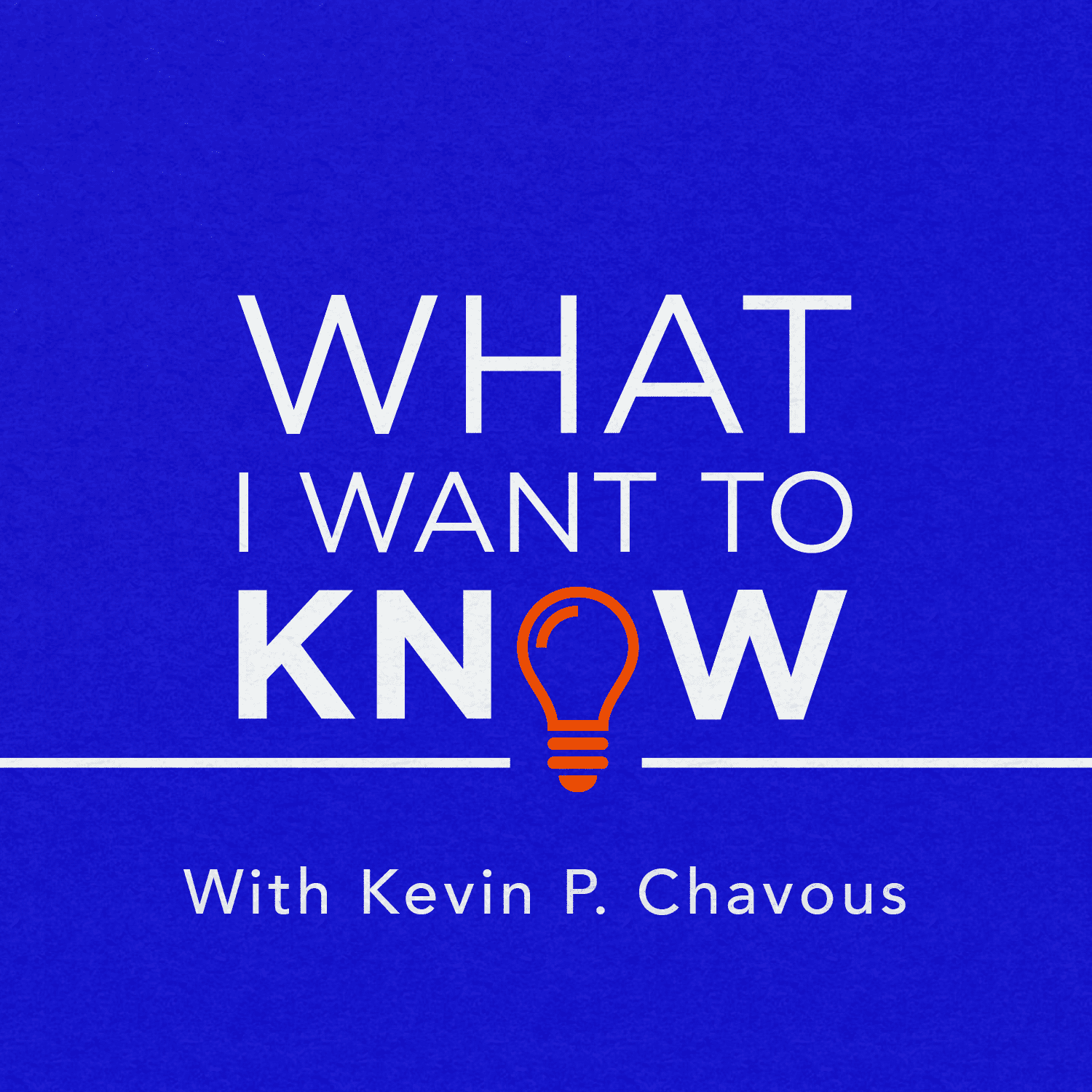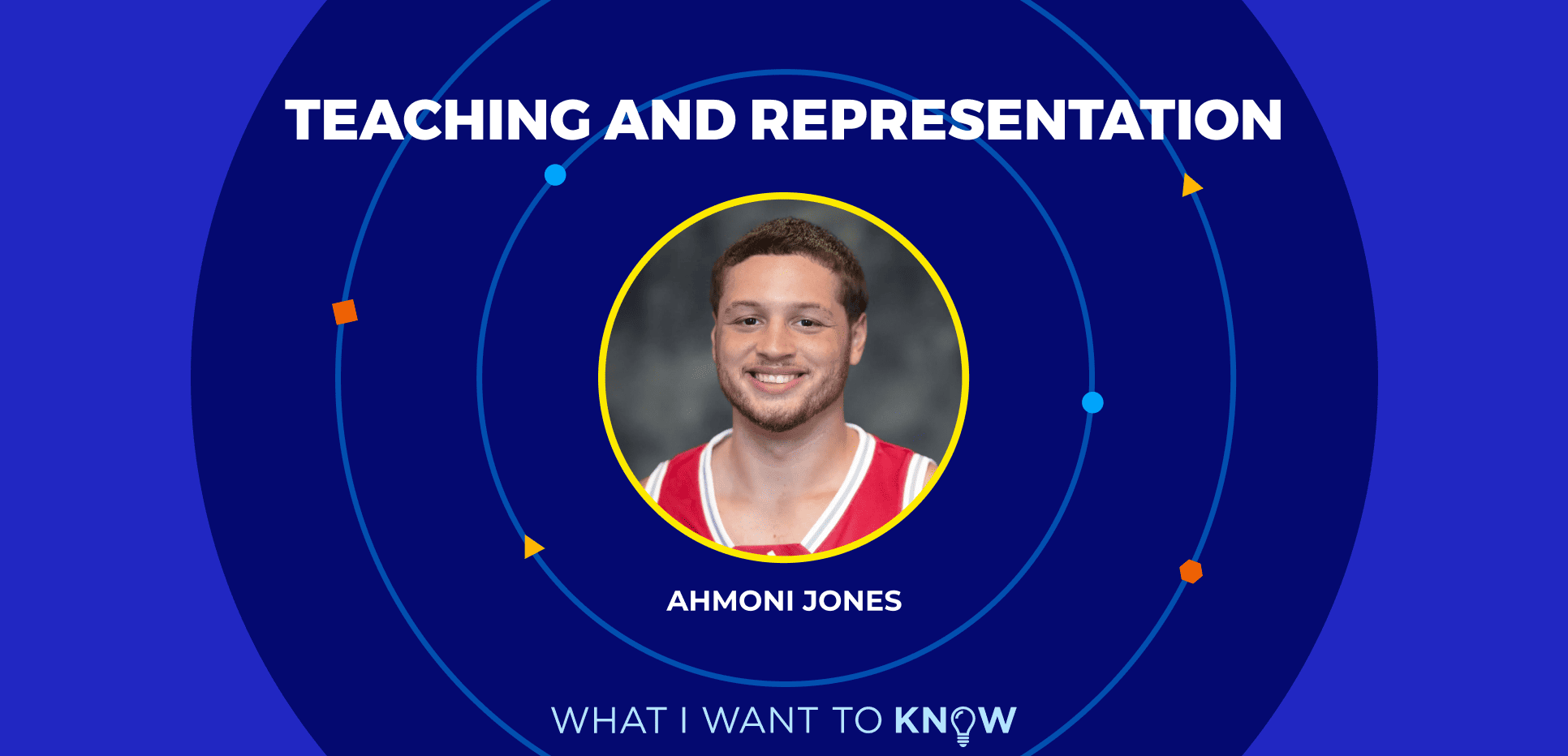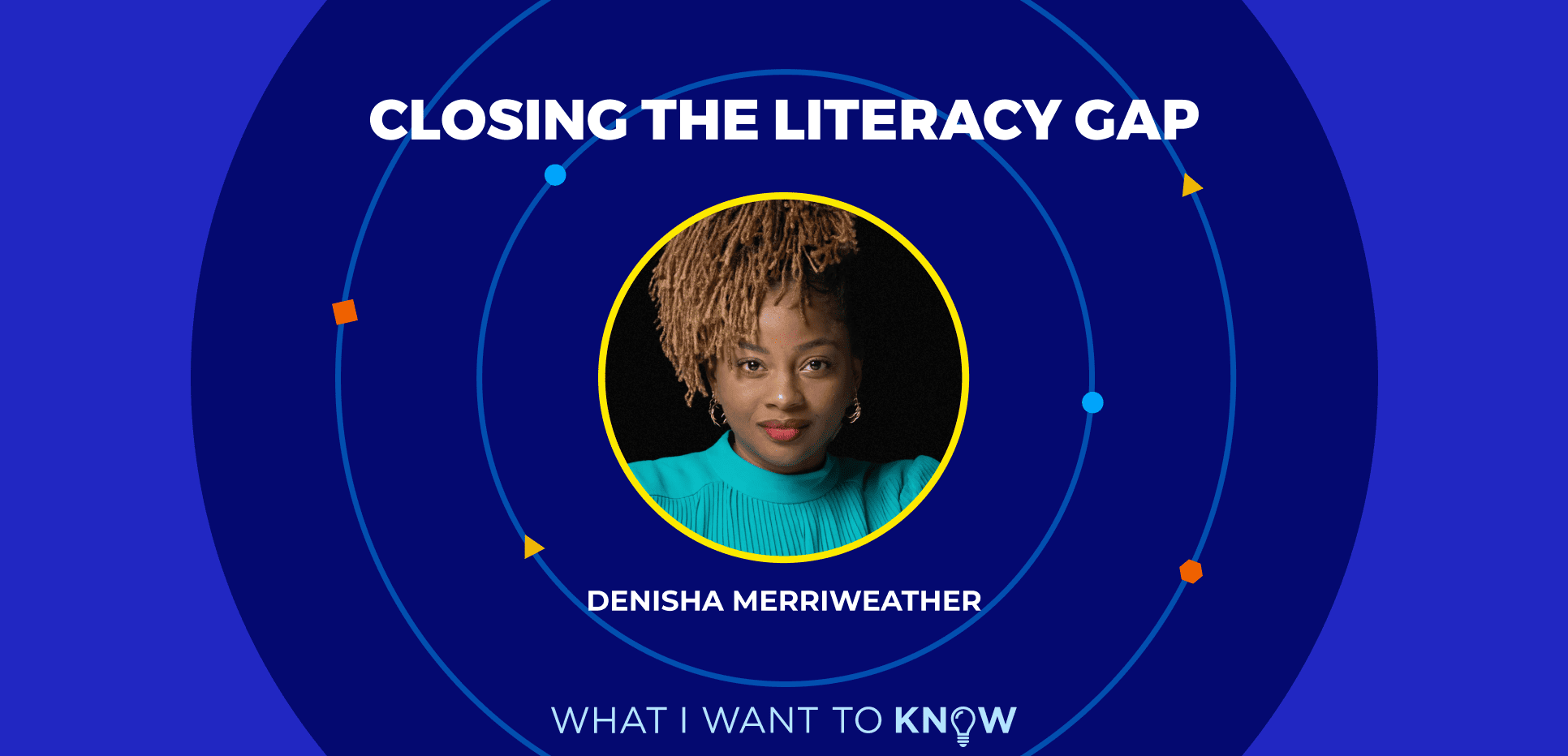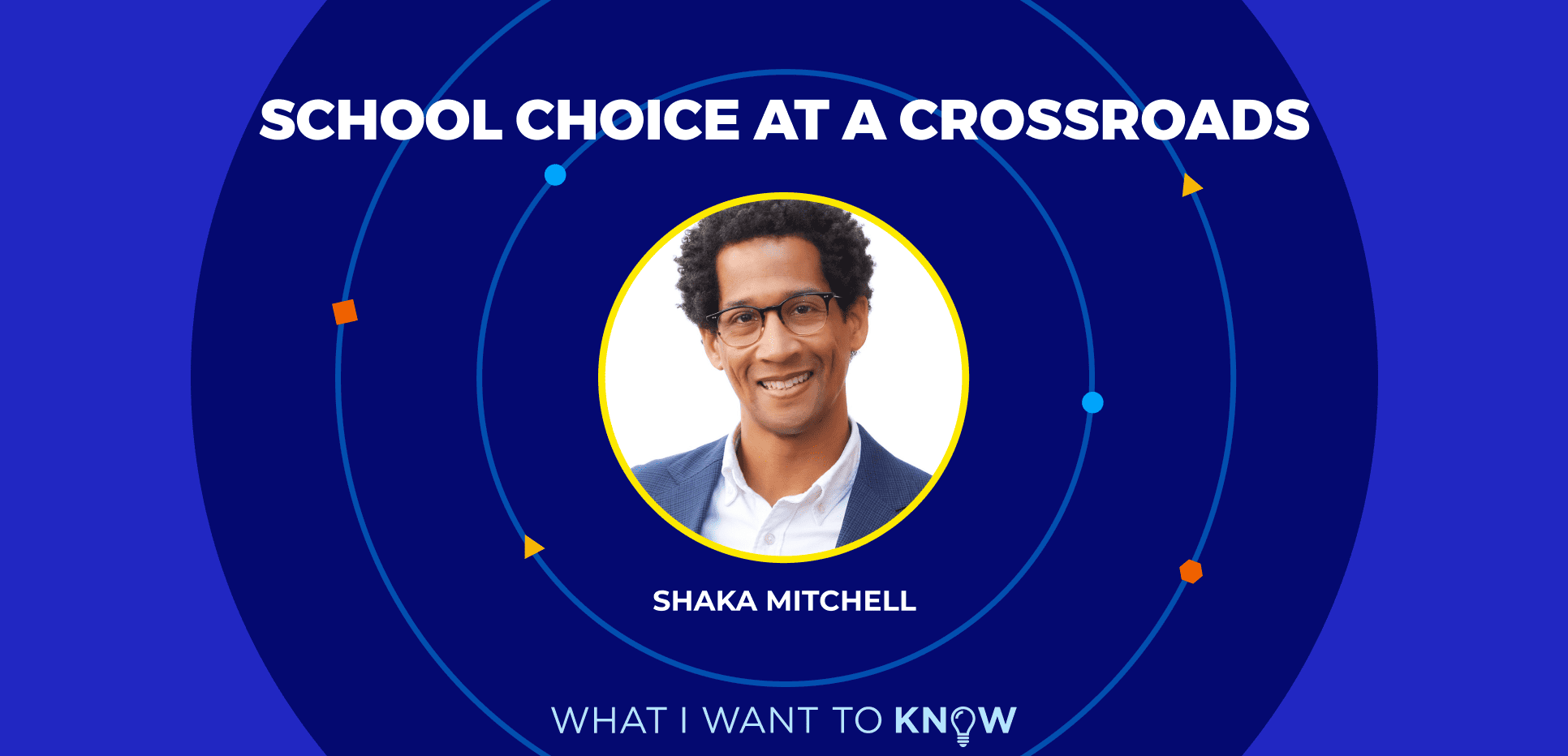Social and emotional learning is defined as the process by which young people acquire the knowledge and skills to develop healthy identities, manage their emotions, show empathy for others, and achieve their personal goals.
After two years of pandemic lockdowns and social unrest, has the need for social and emotional learning ever been greater? Are we providing teachers, staff, and administrators with the tools they need to help students who might be struggling? And are we doing enough at the policy level to ensure that social and emotional learning remain a priority in the future?
Dr. Aaliyah Samuel, President and CEO of The Collaborative for Academic, Social, and Emotional Learning, joins Kevin in this episode to discuss how recent events have raised the stakes when it comes to our children’s social and emotional development and what we can do to ensure our kids are getting the support they need when they need it most.
Listen to the Full Audio
Listen on: Apple Podcast, Spotify
Transcript
Kevin: Social and emotional learning is defined as the process by which young people acquire the knowledge and skills to develop healthy identities, manage their emotions, show empathy for others, and achieve their personal goals. After two years of pandemic lockdowns and social unrest, has the need for social and emotional learning ever been greater? Are we providing teachers, staff, and administrators with the tools they need to help students who might be struggling? And are we doing enough at the policy level to ensure that social and emotional learning remain a priority in the future? This is What I Want to Know. And today, I’m joined by Dr. Aaliyah Samuel to find out.
Kevin: Dr. Aaliyah Samuel is the president and CEO of the Collaborative for Academic, Social, and Emotional Learning, an organization that has helped grow social and emotional learning from a promising theory into an educational essential. After starting her career as a special education teacher and principal in Florida, Dr. Samuel became an advocate for social and emotional learning and has worked with the U.S. Department of Education and at Harvard University. Today she joins us to discuss how recent events have raised the stakes when it comes to our children’s social and emotional development and what we need to do to ensure our kids are getting the support they need when they need it most. Dr. Samuel, welcome to the show.
Aaliyah: Thank you so much for having me.
Kevin: You grew up in Washington state. And when I was reading about you, you said that you had your own challenges being one of the only Black and Latino students in your community. I couldn’t help but draw on that fact, especially when you ended up in the career you’re in. So, talk a little bit about that experience and how that sort of guided your education journey.
Aaliyah: Yes. Thank you. It’s fascinating looking back now; I had no idea how valuable those experiences would be. And at that time, it was very rare that you could be both. I either had to be Black or Latina, and I very much present as a Black woman. I also take great pride in being a Black woman, but I also take great pride in being Latina. My family is from the country of Panama. I am bilingual. And so, growing up bicultural, it was quite the unique experience, and realizing how I saw myself versus how the world saw me was very different. And I think it’s important to understand now for our students; it’s the same thing. And many of them are going through the same challenges in that they present themselves one way or the world sees them in another way, but they also hold multiple cultures or identities within themselves. And how important it is for educators to be able to affirm that sense of identity and belonging.
Kevin: Define for us what social-emotional learning is because, as you know, there’s been variations of what it really means in recent years.
Aaliyah: Yeah. Well, one of the things we know and educators know is that learning is both social and emotional. One of the things we have now that we didn’t have 30 years ago or 50 years ago is the amount of research and evidence around social-emotional learning. And what does it mean? And how does it show up? And so, social-emotional learning is that lifelong process of learning. It’s about those foundational skills, such as how do we communicate effectively? How do we make good decisions? How do we stay motivated? And what’s happened is that because we have different groups of people talking about these same skills but using different words, it’s created some confusion in the field.
I mean, we have employers talking about, “Right now, I can find lots of people with, for example, tech skills, but I need people with soft skills or essential skills that can build my teams, that can work collaboratively with others, that can persist through complex problems.” Those are rooted in social-emotional learning skills. So, whether it’s an early childhood all the way through the workforce, through that strain of K12 in between, these skills are critical in how we think and how we develop. And when you peel back and get to the truly, the foundation of these skills, we’re talking about one, self-awareness. How do you understand your emotions, your thoughts, and how they influence your actions? Self-management, which is critical in this digital world. How do you manage the emotions and thoughts and actions in different situations, whether it’s virtual situations, in-person situations in order to not only achieve your goal, but to help cope with stress or thinking about creating change?
Social awareness, that’s how we understand different perspectives and empathize with others. And who doesn’t need that right now at a time when there’s so much happening socially? And then, we know overall that relationship skills are really, really critical. How do we build and maintain connections to others? And we saw how impactful the lack of relationships were during the pandemic, particularly at the peak when we were going through isolation and the impact on our kids.
And I think lastly, responsible decision making. How do we make sure that we’re thinking about strong, constructive decisions and choices, not only for ourselves but for others? And so, thinking about the impacts of our actions, think about that post or that tweet before you put it out there into the world as you were mentioning the digital space. How do we think about all these complex problems that we’re grappling with at the local community level, at the state level, even nationally, and how can we start collectively thinking about solutions to these problems? And so, these skills that we’re talking about are more important now than ever.
And then, when we think about the workforce of the future, I have two young sons. We don’t even know what jobs will exist in 2030, 2040, because of how fast technology is changing. So, we need kids who will become adults who have critical thinking skills, who can persist through these complex problems, because we don’t know what jobs we’re preparing them for. And so, at the core of it, these skills are critical to the lifelong success of our young people.
Kevin: Yeah. I mean, look, that’s music to my ears. I say all the time that the stand and deliver approach that most schools still engage in, and by the way is taught still in ed schools, is passé, is a thing of the past. And as you mentioned, the average five-year-old will work in a job that doesn’t exist now. And when you talk about solutions, part of the solutions is it does come down to our teachers, administrators, school leaders, folks who impact our children each and every day, to look at things a little differently.
In the wake of the lost learning that occurred during the pandemic, there are those who say that we need to amp up on the hard skills, and we can get to the soft skills later. I mean, there’s this train of thought out there that because kids are falling behind, kids aren’t reading at a great level, they don’t know math, and they lost all this time, that we need to really load up on that. Now, how would you respond to that argument, because you know it’s out there?
Aaliyah: Yeah. That is a very adult-centered approach to education. And I’ll give you an example. Let’s take a kid who is in a math class, who we’re going to say, “You know what? We’ve got to make up this instructional time. We’ve got to get to it. We’re going to really ramp things up.” And that child becomes frustrated. They feel like they don’t have the vocabulary or the wherewithal or the understanding to solve the problem. What do you think that they’re going to do? Doesn’t matter how much you pile on; they’re going to check out.
So you can throw as much at them as you want, but if they’re not able to identify and say to that teacher, “Mr. or Mrs. so-and-so, I’m really feeling overwhelmed.” Or, “I’m just feeling like I don’t have the tools to approach this problem. Can you help me?” Ask for help and have the persistence to be able to say, “I’m really struggling, but I’m going to be self-aware enough to recognize I’m frustrated in this moment. I’m going to ask for help and keep going.” Those are the SEL skills that they need to then be able to do the work.
So we have to think about it again: what do kids need in order to be able to learn effectively and efficiently? And even if we think about it as ourselves as adults, if our needs aren’t met, or if we are thinking about something else, we can’t concentrate on the task at hand. And also, if we look at all the evidence and all the research, it shows us that SEL and strong SEL skills and adults who are very SEL aware or have those social-emotional learning skills, can actually model that in the classroom, and child outcomes, student outcomes improve. So it’s not that we’re saying you have to do one or the other; let’s just focus on them both.
Kevin: I love the fact that you keep it focused on the kids’ perspective. I do think, and it’s been this way for years, there’s a danger in our response post-pandemic to this reality continuing where the adults put themselves ahead of kids in terms of shaping solutions. So I love how you keep it back on the kids.
Aaliyah: As parents, we have to model and use our vocabulary when we see that our kids are overwhelmed. It’s okay for us to acknowledge and say, “Hey, I see that you’re feeling overwhelmed or that you’re frustrated. You know what, why don’t we take a break? Why don’t we come back to this when you’re feeling like you can approach it?” Or helping them talk through, “Okay, you’re feeling frustrated and overwhelmed right now. What are some things that will help you feel better? What are some things that will help you put things in perspective?” Because that not only A, acknowledges how your child is feeling, but then shows them, “Wait a minute, my parents understand,” and it gives them the vocabulary and the tools that they need to be able to articulate how they’re feeling. And these skills take practice. It takes practice and modeling. And so, that’s one thing.
The second thing is: for social-emotional learning to be done well, it doesn’t just happen in the classroom. It doesn’t happen just in the school. It is truly a school, family, community partnership. So having that partnership with the school to be able to talk to the teachers and say, “My child’s feeling overwhelmed in X, Y, and Z. How can we collectively support where they are?” And there’s a sense of advocacy that parents should have to be in partnership and true partnership with the school and the same for the school. I mean, we saw so much flexibility that schools provided for parents of Zoom parent-teacher conferences. They started hosting parent cafes virtually in the evenings. Like, find ways to reach out to parents to really address how kids are feeling right now. And we have to acknowledge it because our kids are telling us one way or another. It’s whether or not we as adults are willing to listen.
Kevin: Going back to what schools can do, I’ve long believed, I’ve said this on other shows, that it’s not just the teachers or administrators. It’s also the staff and their interaction with children that’s really important. That’s why I believe that it is important to have your staff trained, to be trauma-informed staff, as well as your teachers, administrators. What other advice would you give (you’re a former principal) to school leaders on how they can better serve children in this area and make sure it’s a holistic approach as opposed to just one teacher in one classroom?
Aaliyah: So, as a former principal, I can say this honestly, that we know when we talk about the school building, it’s that principal, it’s that school leader and the vision that they set. But in addition to setting the vision, it’s also how they model the priorities that they believe in. And I think it starts with the principal modeling how important social-emotional learning is to them, and also creating a space for the staff to also model their social-emotional learning skills. And also recognizing, to your point, that every person in that school has a key role in their child’s life. My seven-year-old, just this weekend – The school is out for us. It was out on Friday. One of his favorite staff people to engage with at the school is the bus driver. He loves his bus driver, and he was talking about how he wouldn’t see his bus driver again until August. And so, you can’t underestimate any role that someone plays in a child’s life, because they’re all critical and they all have an impact.
Kevin: It is a learning community, and every individual that is involved in that child’s life during the school day is part of that community. This is my last question. This is what I really want to know. When you talk about policymakers and you talk about making sure that your teachers and staff have the resources they need, it really comes down to education policy. Where are the priorities that are being set? And so, what would your advice be to policymakers in terms of ensuring that social and emotional learning remains a focus and a priority as they go about the business of funding schools?
Aaliyah: Number one, we have to put our kids first. Let’s put the adult conversations, the adult objectives to the side. Let’s fundamentally listen and watch to see what our kids are telling us. And if we look at all of the signals and the data, our kids are crumbling in front of us. So, it is not an option for us to not put them and their needs first. And subsequent to that, once we’ve decided we are truly going to put the needs of kids first, number two, let’s look at the evidence in the research. Let’s see what the evidence in research says on things that help kids really become successful, not only in school, but outside of school and in life.
Kevin: Dr. Aaliyah Samuel, you’re doing amazing work. Thank you so much for joining us on What I Want to Know.
Aaliyah: Thank you for having me. Have a great rest of the day.
Meet Aaliyah
Dr. Aaliyah A. Samuel is the President and CEO of the Collaborative for Academic, Social, and Emotional Learning, an organization that has helped grow social and emotional learning from a promising theory into an education essential.
After starting her career as a special education teacher and principal in Florida, Dr. Samuel became an advocate for social and emotional learning, has worked with the U.S. Department of Education and was a senior fellow at the Center on the Developing Child at Harvard University.






